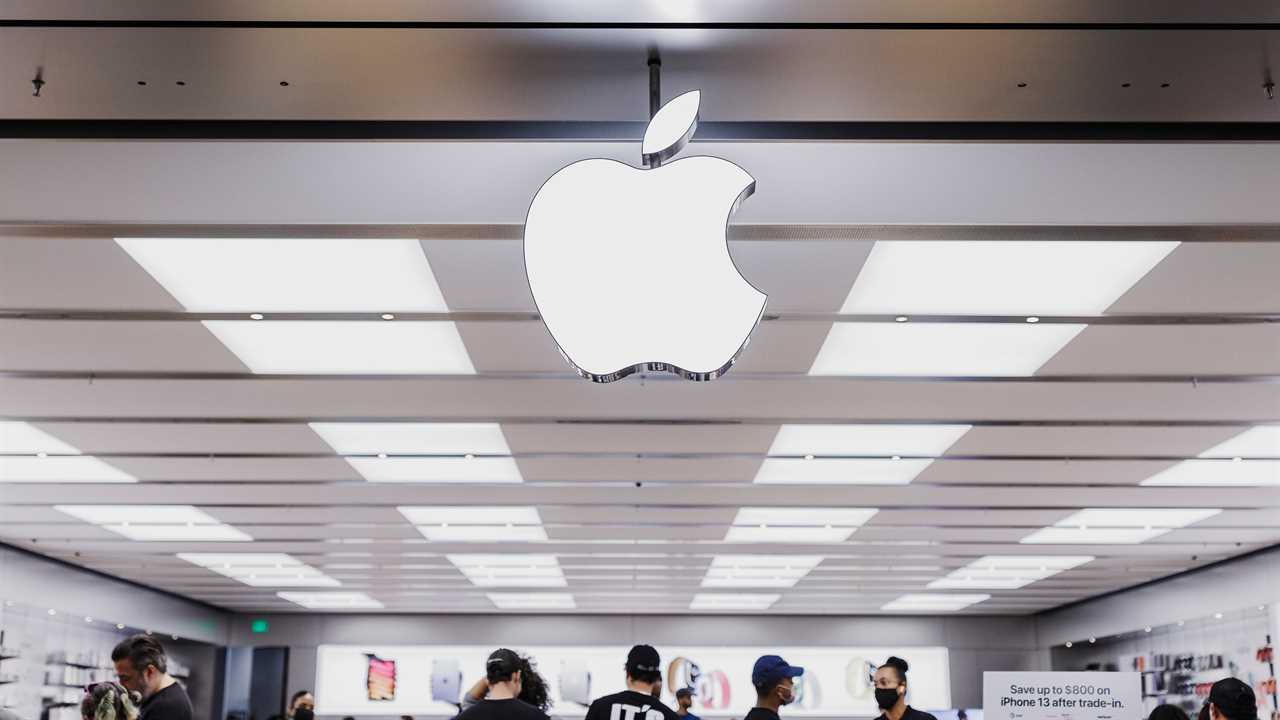
Apple on Thursday provided more evidence for optimists who believe that the worst of the tech industry’s slump may be over while reminding investors that there are still plenty of reasons for concern.
Although the company said that its revenue shrank 3 percent in its most recent quarter compared to the same period a year ago, the $94.8 billion total well outpaced investor expectations of $92.9 billion.
It was something of a rebound from the previous quarter, when Apple revenue and profit fell more substantially because of economic challenges and a Covid-19 outbreak in China that forced the company’s largest iPhone factory to close temporarily.
Apple reported a profit of $24.1 billion, down 3 percent from the same period a year earlier but above the $22.6 billion expected by Wall Street. The company’s sales in its second fiscal quarter were driven by record revenue for its services division and strong demand for iPhones, its flagship product.
“Apple’s results suggest to us that the company is navigating a challenging macroeconomic environment well,” said Tom Forte, an analyst with D.A. Davidson. Still, he said, Big Tech’s collective financial results served as a reminder that the economy is not yet out of the woods.
Apple made $51.3 billion from iPhone sales, up 1.5 percent from a year ago. Demand for iPhones and other products in China was down slightly from a year earlier, but revenue of $17.8 billion outpaced investor expectations as China continued its rebound from long pandemic lockdowns.
Customers’ interest in Apple products other than the iPhone slumped in the quarter. Revenue from iPads fell nearly 13 percent and Mac revenue dropped 31 percent. Still, Apple’s services division, which includes subscriptions to Apple Fitness+ and Apple Music, as well as sales from its App Store, had nearly $21 billion in sales, a slight increase from a year ago that buoyed the company overall.
Apple also said it had authorized a $90 billion stock buyback.
The company has not conducted mass layoffs like other technology companies, because it didn’t hire as aggressively in the early days of the pandemic. Apple has taken a hard line in its return-to-office policies, requiring most employees to work in the office three days a week.
Did you miss our previous article...
https://trendinginthenews.com/tech-giants/katie-cotton-who-helped-raise-apples-profile-dies-at-57






